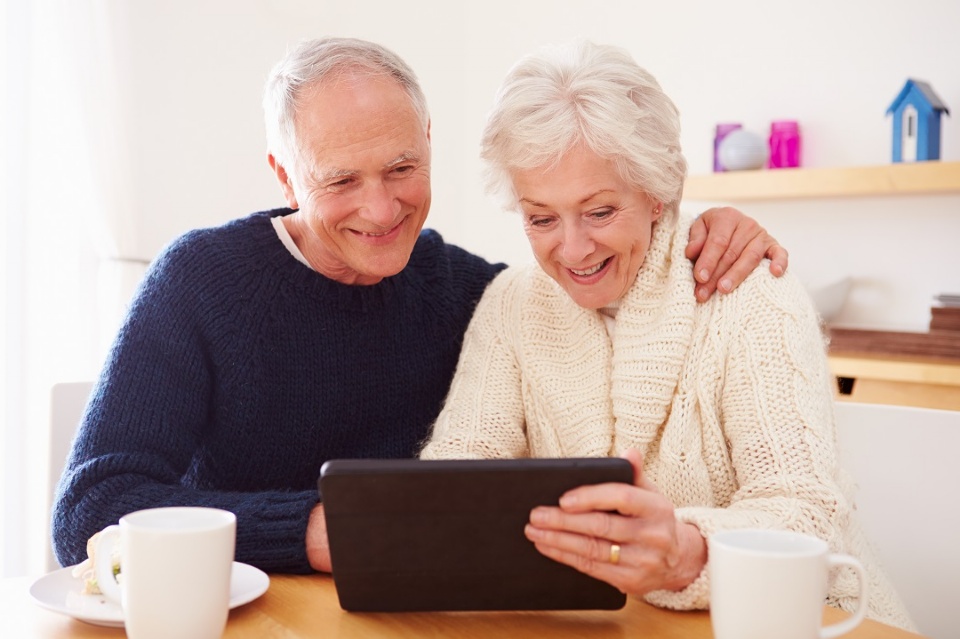There are now 5.9 million Canadian seniors. With an aging population comes many health challenges such as falls, injury prevention and social isolation. How can technology reduce these risks and keep seniors safe while living in their own home when they start losing mobility or memory skills?
Solving Social IsolationAmongst the challenges seniors are facing, some of the most challenging ones are loneliness and social isolation. One company found a solution and created a proactive artificial intelligence (AI) cognitive tool that initiates conversation to allow seniors to stay in touch with their loved ones, remind them to take their medication, and even ask them if they want to go take a walk, ensuring they stay connected with the outside world. For instance, this AI tool can automatically ask the senior if they want to go for a walk after having checked if the weather is pleasant that day and wishing them a good morning. This tool also allows seniors to receive photos from their loved ones to which they can respond through a video screen.Other inventive tools to ease the pain of isolation for the elderly such as robotic pets were invented to create meaningful interactions through play. The robotic pets were originally created for all age ranges and became most popular amongst the elderly. These robotic pets can engage and become a meaningful daily companion for isolated seniors. This can provide calm, soothe anxiety and can even increase the happiness of those living alone or in care communities. The robotic cats can interact with their owners and respond to touch, can roll over, and even emit different purring sounds. The puppy robot can also interact through touch, his heart slowing down when a hand is placed on its back.Preventing Falls
According to Statistics Canada, falls are the most common cause of injury among older Canadians. Every year, it is estimated that one in three seniors aged 65 years and older are likely to fall at least once. How can technology prevent these falls and alert the authorities when it happens?Medical alert systems are available to help the elderly remain independent in their own home, despite mobility and memory loss. Medical alert systems are a portable and easy way to alert the authorities or caregivers when a fall happens. Some medical alert systems will directly contact 911, while others will transfer the senior to their personal contacts. Some medical alert systems are a standalone product, while others are offered through monitoring with a call center for prices ranging from $20 and up per month.As the population ages, many more technologies are available to support the elderly in their desire to stay at home as long as possible.

 In The Latest Issue:
In The Latest Issue:


 BY:
BY: 

Tweet
Share